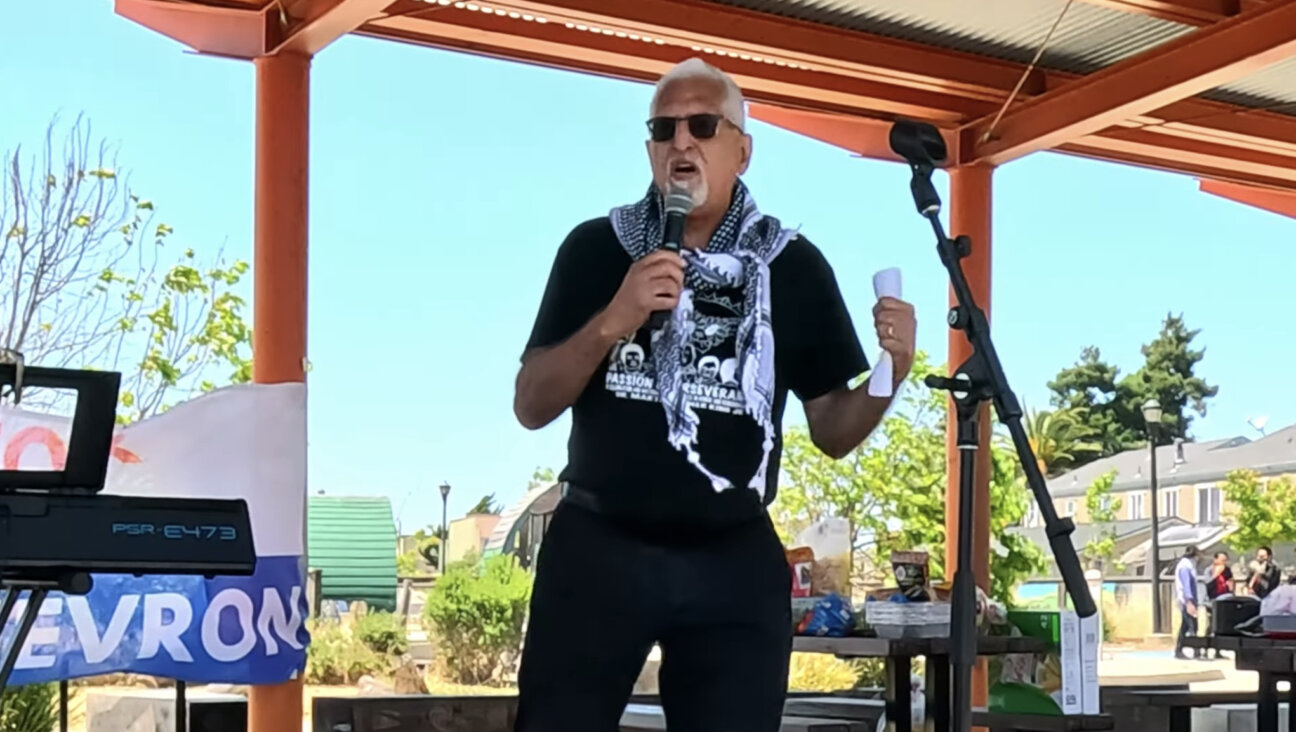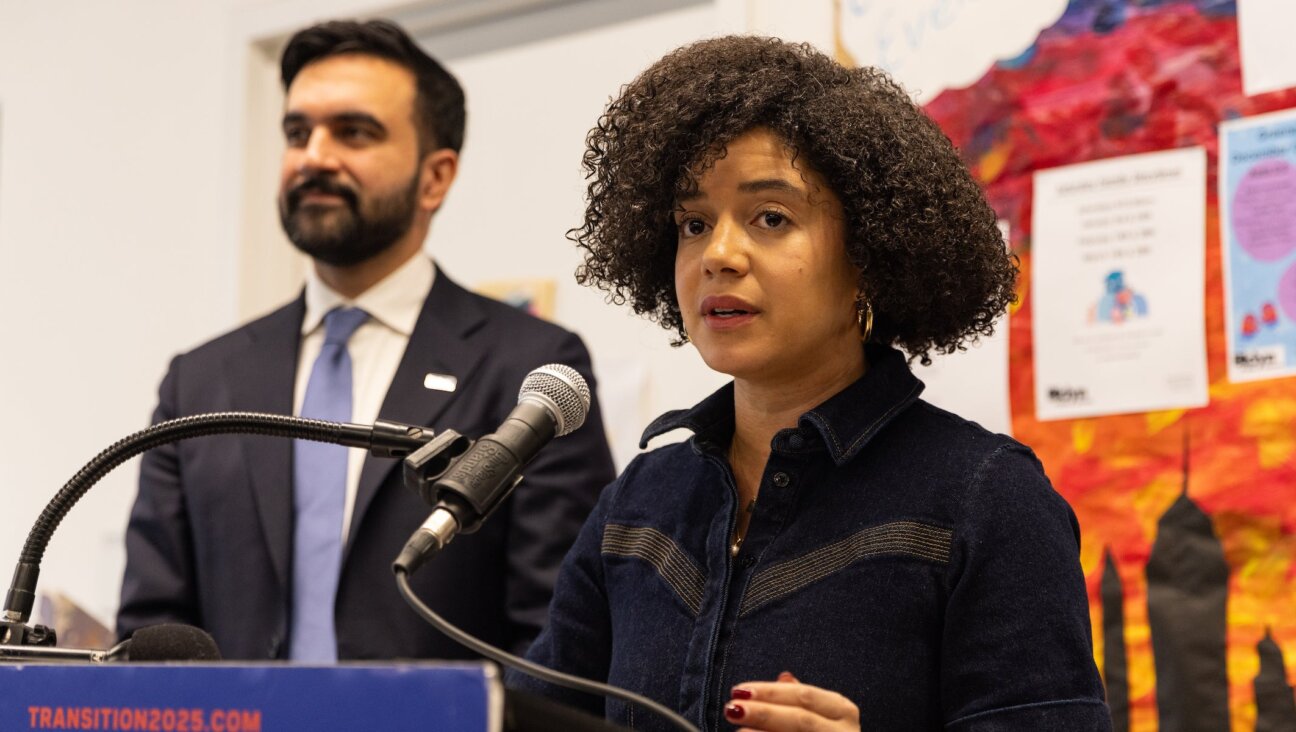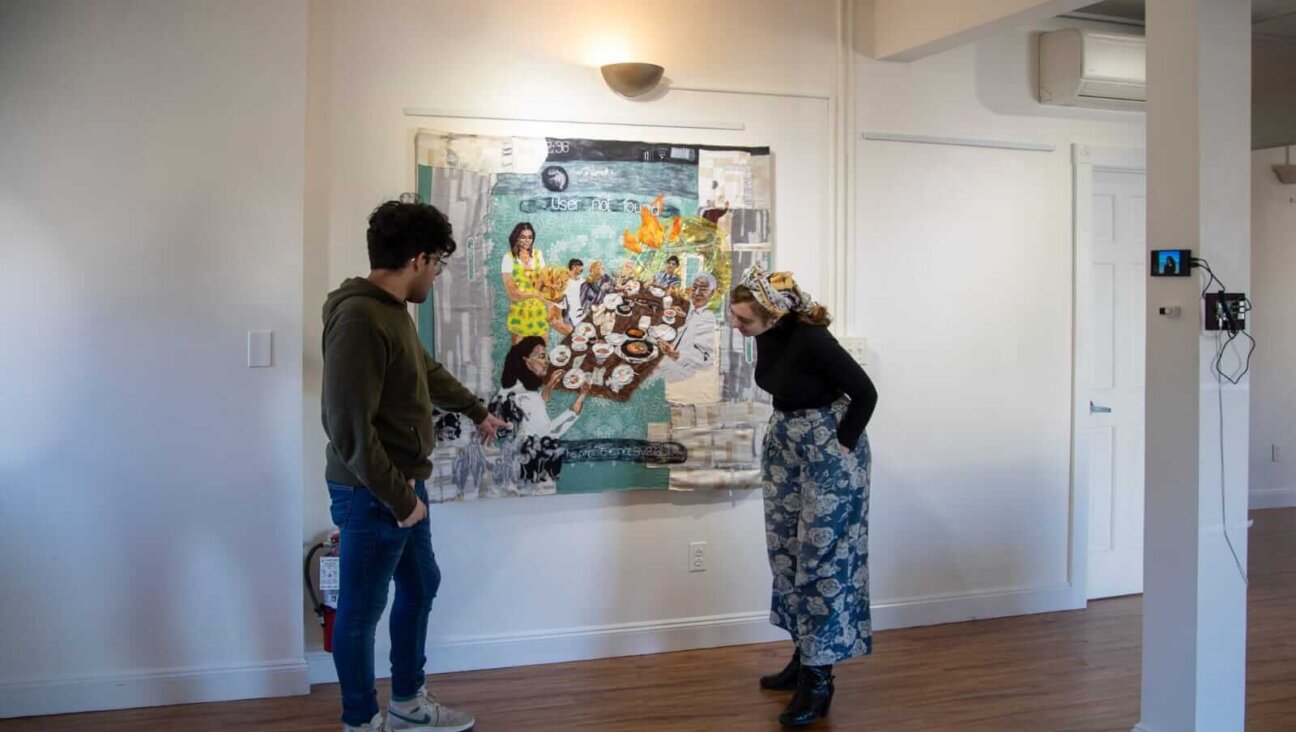Natan Sharansky’s Western Wall Prayer Plan Loses Support — On Both Sides

Image by getty images
Natan Sharansky’s proposal to reduce tensions at the Western Wall has lost support from both traditional supporters and opponents of egalitarian prayer at the holy site.
When Sharansky, chairman of the Jewish Agency for Israel, made the plan public a few weeks ago, it received at least tacit approval from a range of activists, including the rabbi of the Western Wall, Shmuel Rabinowitz.
The plan would expand the egalitarian section of the Western Wall Plaza – called Robinson’s Arch – and create a unified entrance to the Wall’s traditional and egalitarian sections. It was meant as a compromise between haredi Orthodox leaders who wanted to maintain exclusive control of the Western Wall, and religious pluralism activists who wanted the site opened to egalitarian prayer.
But now, prominent figures on both sides of the issue have withdrawn their endorsements of the plan.
Rabinowitz’s office last week released a statement saying that American “haredi and Orthodox communities expressed a decisive stand against any compromise.”
Meanwhile, Anat Hoffman, chairwoman of Women of the Wall, a women’s prayer group that meets every month at the Western Wall’s women’s section, on Monday called the plan “not relevant to our needs.”
Controversy surrounding Women of the Wall was, in large part, the reason why Sharansky formulated the compromise. Members of Women of the Wall have been arrested or detained nearly every month for wearing prayer shawls at the Wall – a practice that violates Israeli law, requiring respect for “local custom” at the site. Protests over the arrests from Jewish communities outside Israel led Israeli Prime Minister Benjamin Netanyahu to ask Sharansky to formulate a compromise.
In a court decision last week, though, a judge ruled that Women of the Wall’s activities did not, in fact, contravene the law.
Hoffman told JTA that the ruling “allows Women of the Wall to pray how we always wished – with women of all denominations in the women’s section, with our prayer shawls and Torah and shofar.”
““We have three options: to reject Sharansky’s plan, to embrace Sharansky’s plan, or to say that right now it is not relevant for Women of the Wall,” Hoffman told JTA. “It’s completely not relevant for us. Our victory in court means that our place is safe.”
Hoffman noted that the specifics of the plan have not yet been revealed, and when the plan will be implemented remains unclear. She added that her group includes Orthodox women who would object to praying in an egalitarian prayer space.
“As a group that is multidenominational, we want to be sensitive to every member of our group,” she said.
Rabinowitz could not be reached for immediate comment. But his statement released last week said that he will let Israel’s haredi-dominated Chief Rabbinate decide whether to support the compromise.
“We must, along with the Chief Rabbinate and other great rabbis, examine if we should oppose the proposal referring to Robinson’s Arch, which is not part of the Western Wall synagogue, if this would be a solution acceptable to everyone,” the statement said.
Women of the Wall will meet on Friday, May 10 for their monthly service. The group has announced that, following the court decision, a member would read from the Torah in the women’s section – which the group has not done for a decade.












